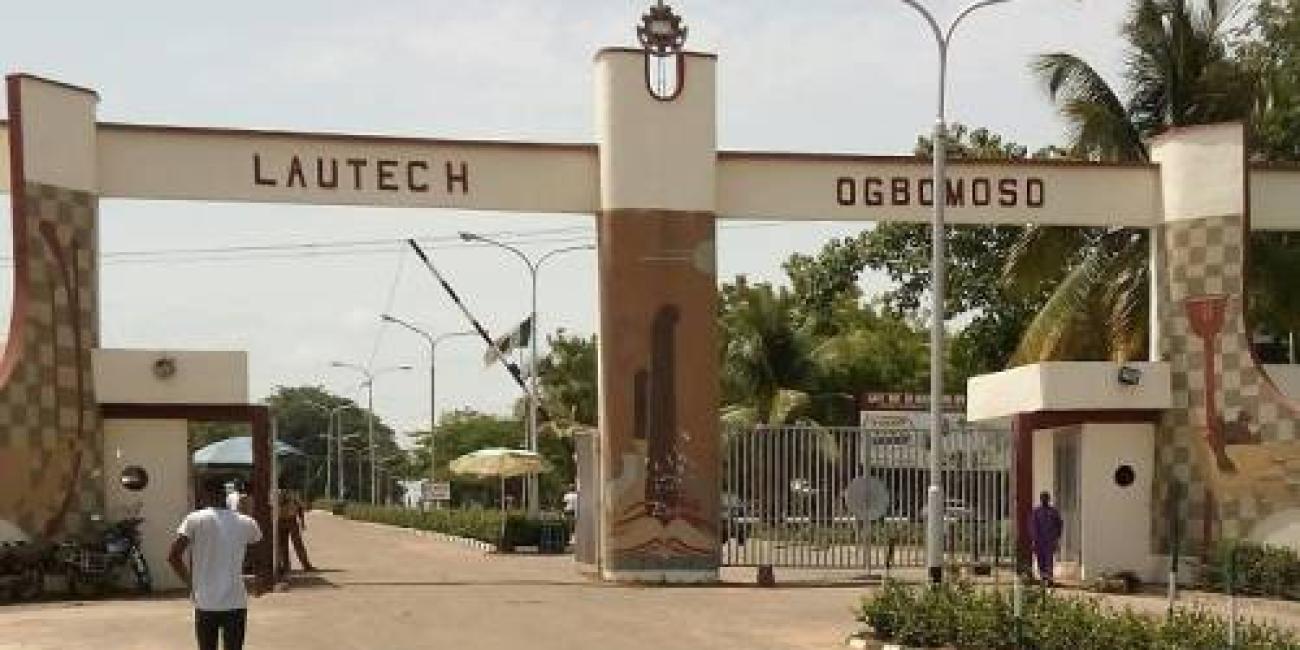The China’s Belt and Road Initiative forum ended on Saturday with the signing of $64 billion deals and with more nations waiting to join.
Chinese President Xi Jinping said Saturday that more nations would join the global infrastructure programme.
Xi and 37 world leaders wrapped up a three-day forum in Beijing with pledges to ensure that projects on the new Silk Road are green and financially sustainable following concerns about debt and environmental damage.
“We are committed to supporting open, clean and green development and rejecting protectionism,” Xi said.
His signature foreign policy aims to reinvent the ancient Silk Road to connect Asia to Europe and Africa through massive investments in maritime, road and rail projects — with hundreds of billions of dollars in financing from Chinese banks.
But critics say the six-year-old project is a plan to boost Beijing’s global influence, riddled with opaque deals favouring Chinese companies and saddling nations with debt and environmental damage.
The US, India and some European nations have looked at the project with suspicion. Washington did not send any representatives to the meeting.
“This year’s forum sends a clear message: more and more friends and partners will join in the Belt and Road co-operation,” Xi said.
A document released after the meeting showed that Equatorial Guinea, Liberia, Luxembourg, Jamaica, Peru, Italy, Barbados, Cyprus and Yemen were the latest countries to join the club.
The projects on the Silk programme are financed mainly through Chinese bank loans and investments.
This has raised concerns that poorer countries are being saddled with debt.
A communique released at the end of the meeting said leaders encouraged multilateral development banks and other international financial institutions to support projects “in fiscally sustainable ways” and mobilise private capital in line with local needs.
“We emphasise the importance of economic, social, fiscal, financial and environmental sustainability of projects,” it said.










